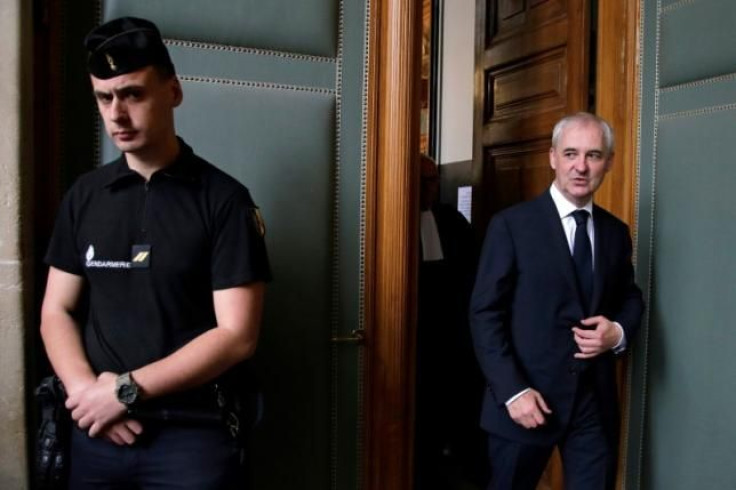French Bank Chief ‘More Worried About Sector Now Than In 2009’

The chairman of France’s second-biggest retail bank is more worried about Europe’s banking sector now, in some ways, than when he took the reins at BPCE bank during the depths of the global financial crisis in 2009.
François Perol said on the sidelines of an economic conference in Italy Saturday negative interest rates in the eurozone are a major problem, squeezing interest margins in a way that is unsustainable in the longer term.
“I am much more worried than I was in 2009 in certain respects,” Perol said outside the closed-door conference, held on the shores of Lake Como.
“It was 100 percent clear what had to be done [in 2009],” he added. “I think it’s more of a difficult situation for banks [now] because fundamental changes are underway in an environment that’s incredibly challenging due to negative interest rates.”
Perol’s comments on negative rates are among the strongest from a big eurozone bank since the European Central Bank sent its deposit rate a little deeper into negative territory last month to prod banks harder to increase lending.
The eurozone is struggling with weak investment and high unemployment, but loan demand is weak as households pay down debt and companies are reluctant to expand.
As a result, banks struggle to grow lending but have to pay to park surplus cash with central banks. They pay interest to their own depositors, however, so interest margins are squeezed.
A European central bank official speaking on condition of anonymity told the conference bank profitability had been affected by negative rates in some cases, but overall the policy had not led to a deterioration in lenders’ balance sheets.
ECB chief economist Peter Praet acknowledged in Frankfort Thursday negative rates would become a worry for banks’ business models if they persisted for two or three years.
Perol said regulatory uncertainty made the situation worse for banks, which were waiting for new capital rules to be finalized, including regulations aimed at further reducing the need for massive government bailouts of banks in a future crisis.
Perol was put in charge of BPCE after it was created by a merger of cooperative banks Banque Populaire and Caisse d’Epargne to prevent — with state aid — their investment banking arm Natixis (CNAT.PA) from collapsing in the financial crisis.
© Copyright Thomson Reuters 2024. All rights reserved.











